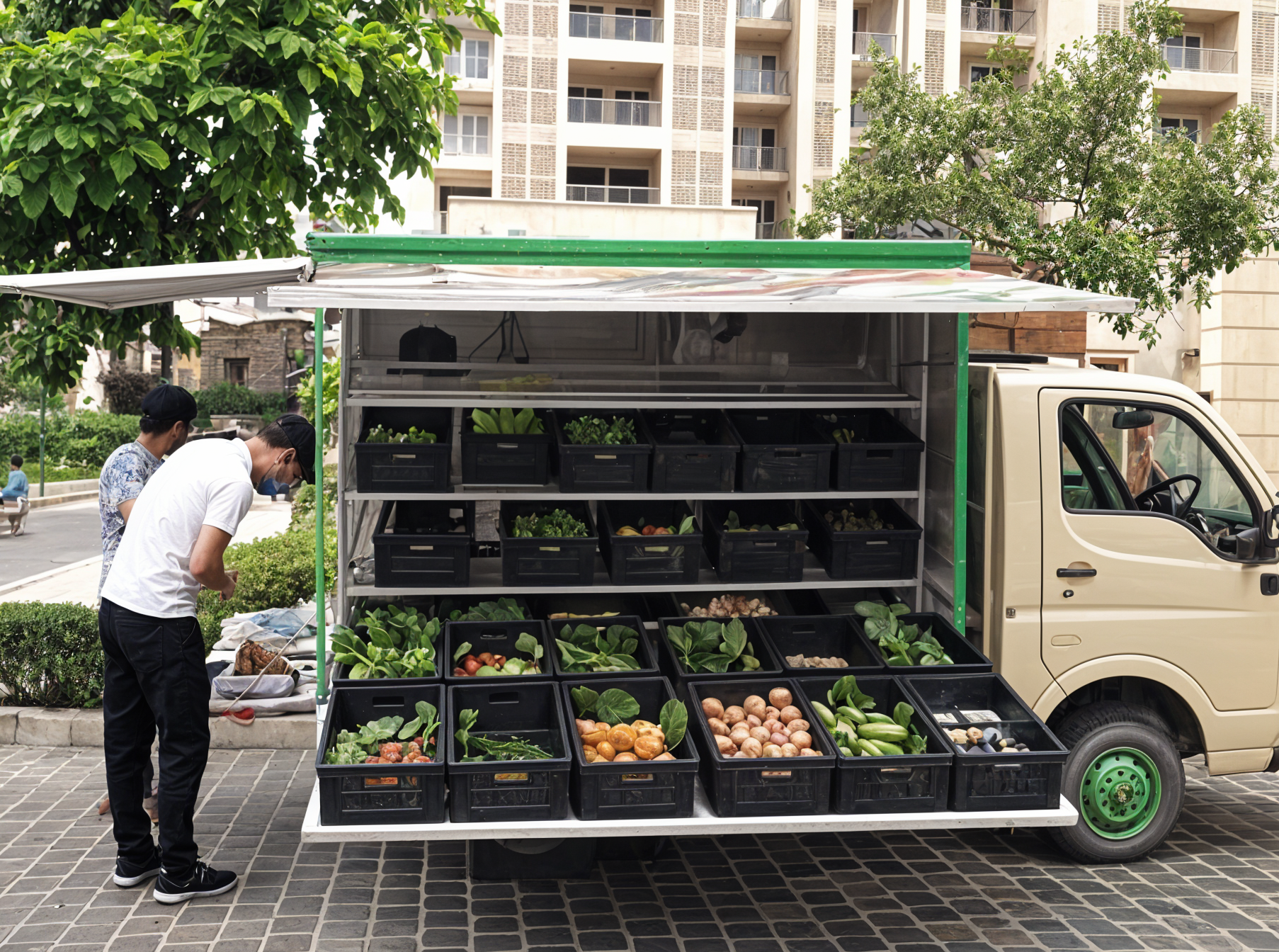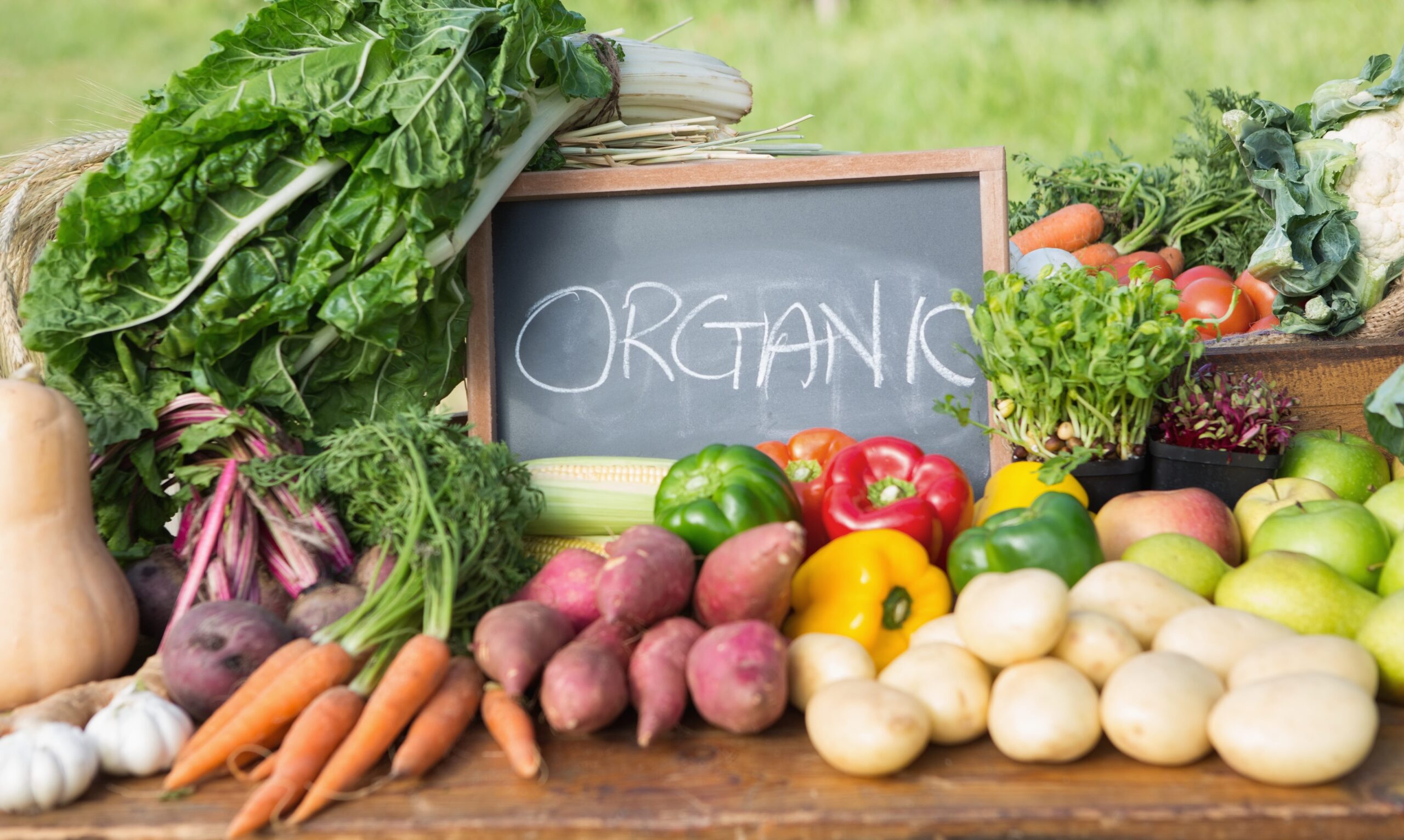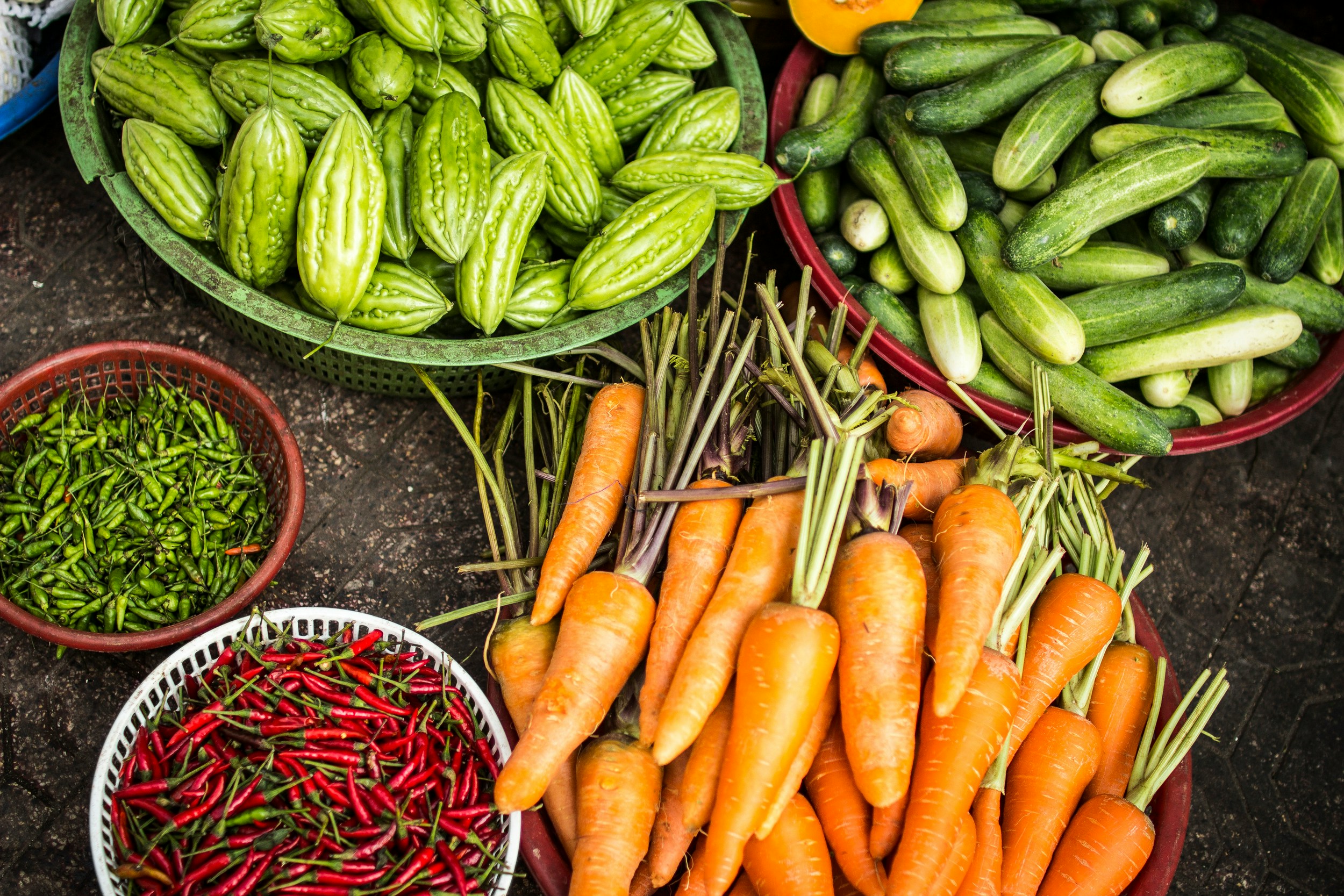In the vast aisles of the grocery store, amidst the colorful array of fruits and vegetables, a silent debate often rages in our minds: to opt for organic or not? Organic produce boasts of being free from pesticides and chemicals, making it a healthier choice for both us and the planet. However, the price tag attached to organic items can sometimes deter us. So, where should we splurge and where can we save? Let’s navigate this dilemma together.
Organic Strawberries
Picture this: a bowl of fresh, juicy strawberries with a dollop of whipped cream. Tempting, right? But hold on – did you know that non-organic strawberries can contain a staggering number of pesticides? With 22 different pesticides found in a single sample, going organic is a wise move to savor this summer delight sans chemicals.

Organic Apples
An apple a day keeps the doctor away – a timeless adage. However, if those apples are laden with diphenylamine, a toxic substance banned in Europe, the saying might need a revision. Opt for organic apples, along with apple juice and applesauce, to keep the doctor pleased and the toxins at bay.
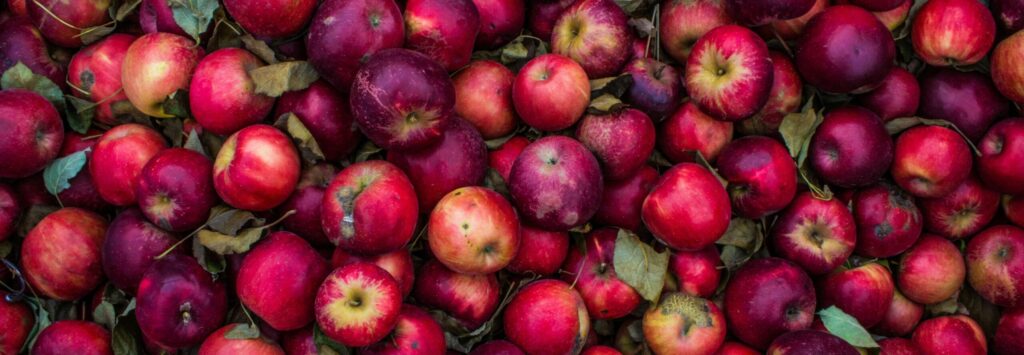
Skip: Organic Avocados
Fear not the non-organic avocado! With its tough outer skin acting as a shield against harmful chemicals, you can indulge in guacamole without breaking the bank on organic versions.
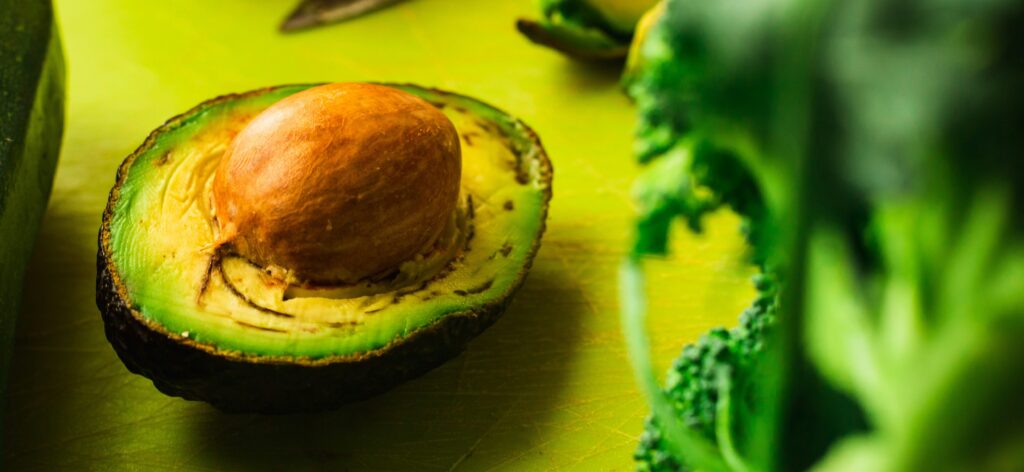
Organic Spinach
Popeye’s favorite superfood might not be so super when laden with pesticides. Given that conventional spinach often absorbs these chemicals, making the switch to organic spinach ensures a cleaner, greener plate.
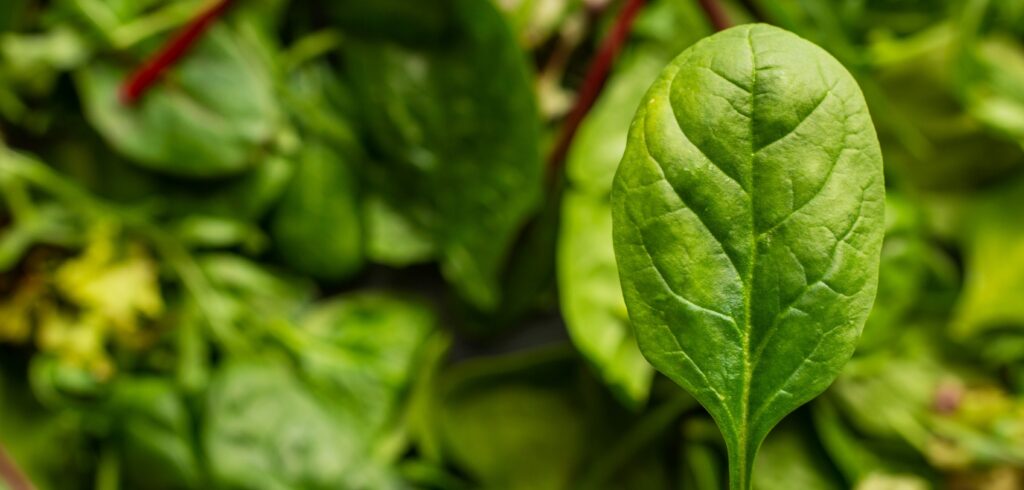
Skip: Organic Asparagus
Springtime brings forth the vibrant spears of asparagus, heralding the season of renewal. Fear not the non-organic variety, as asparagus tends to be low on chemical residues, making it a safe and budget-friendly choice.
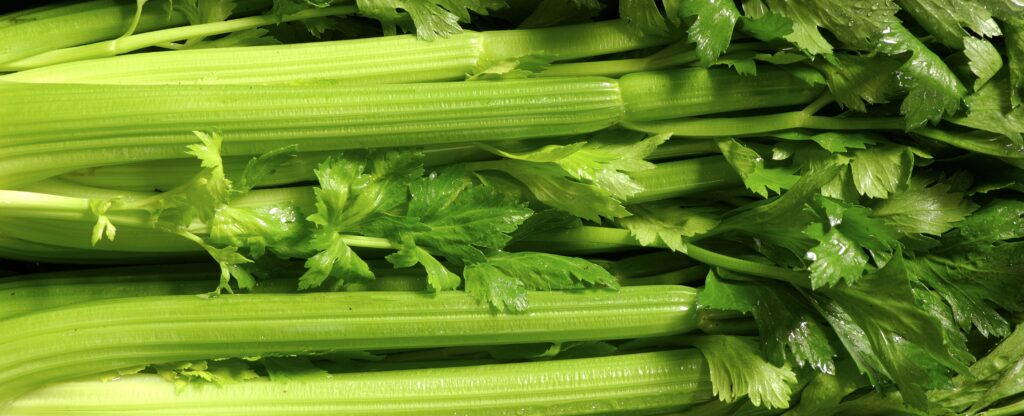
Skip: Organic Melons
With their robust, protective skins, melons like cantaloupe and watermelon offer a juicy, chemical-free interior. Skip the organic price tag and enjoy these refreshing fruits guilt-free.
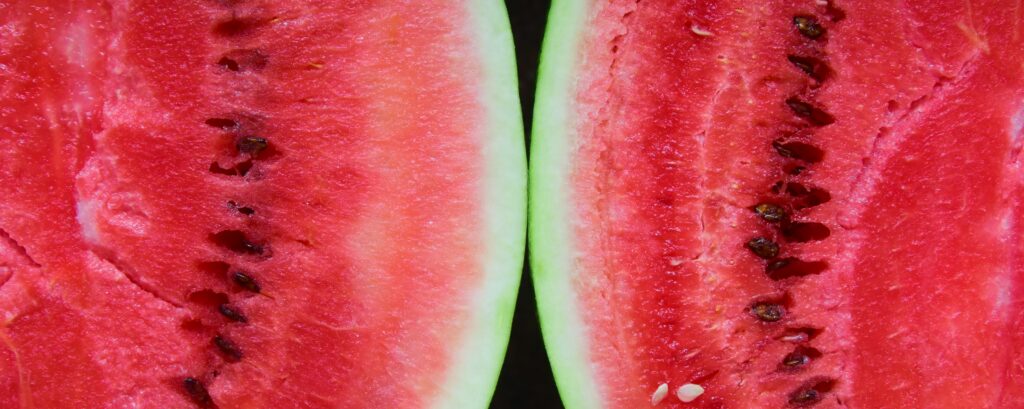
Organic Tomatoes
Summer’s bounty brings forth an abundance of tomatoes bursting with flavor. However, alongside the taste, conventionally grown tomatoes might also harbor up to 69 different pesticides. Opt for organic tomatoes to relish their goodness without the added chemicals.
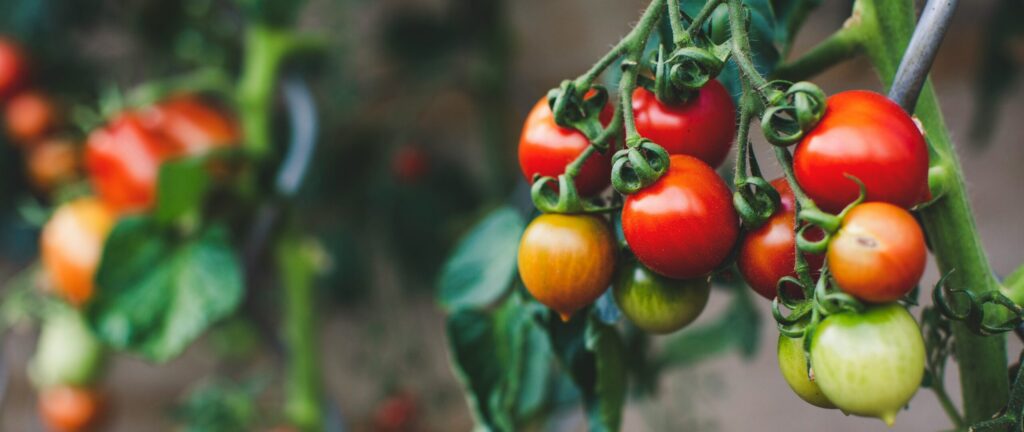
Skip: Organic Pineapples
The prickly exterior of a pineapple serves as a fortress against pesticides. Embrace your piña colada dreams with non-organic pineapples, knowing that nature has already provided ample protection.
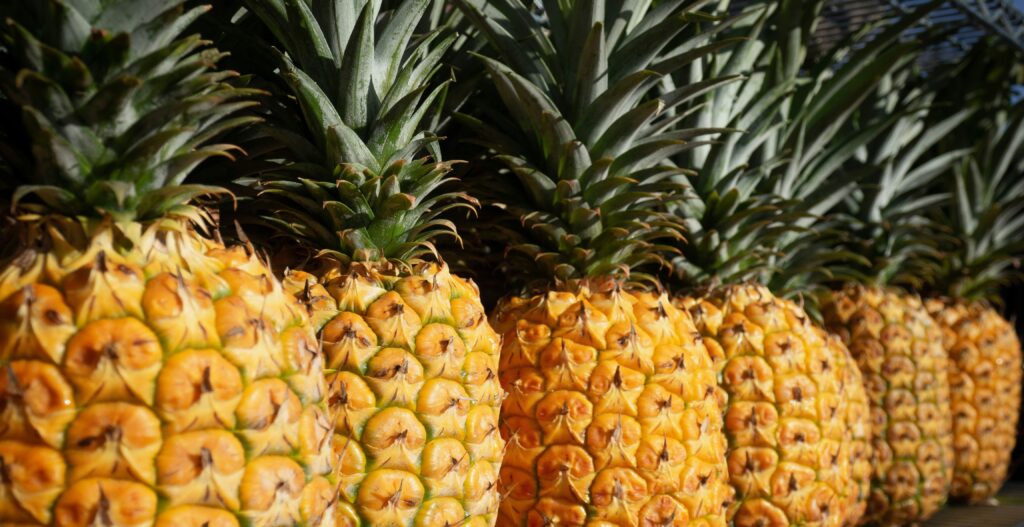
Organic Peaches and Nectarines
Nothing compares to the sweetness of a ripe peach or nectarine, but beware of hidden chemical residues in their non-organic counterparts. Invest in organic varieties to savor these fruits without compromising on health.
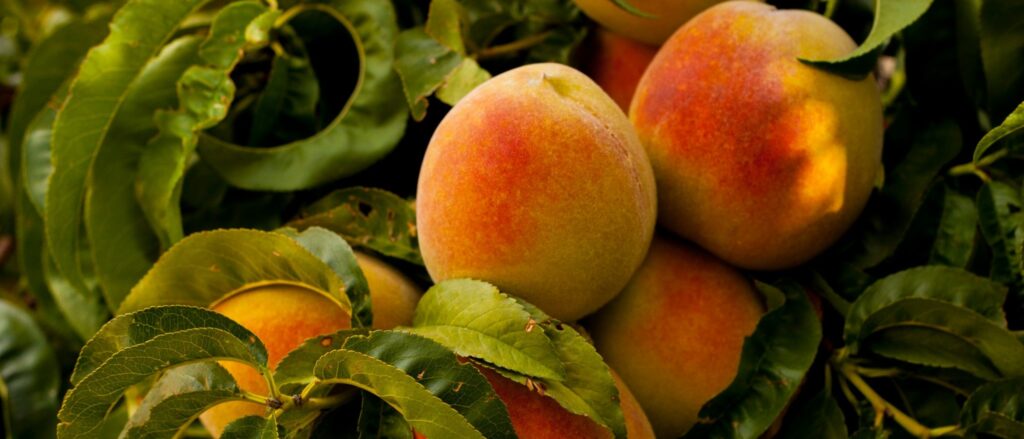
Organic Grapes
Grapes, nature’s bite-sized treats, can harbor a surprising amount of pesticides – up to five per grape! Ensure a cleaner snack by opting for organic grapes, and why not extend that choice to your wine selection too?

Skip: Organic Sweet Corn
Rejoice, corn lovers! Sweet corn is one of the least likely crops to carry pesticide residues, making it safe to enjoy all year without the need for an organic label.
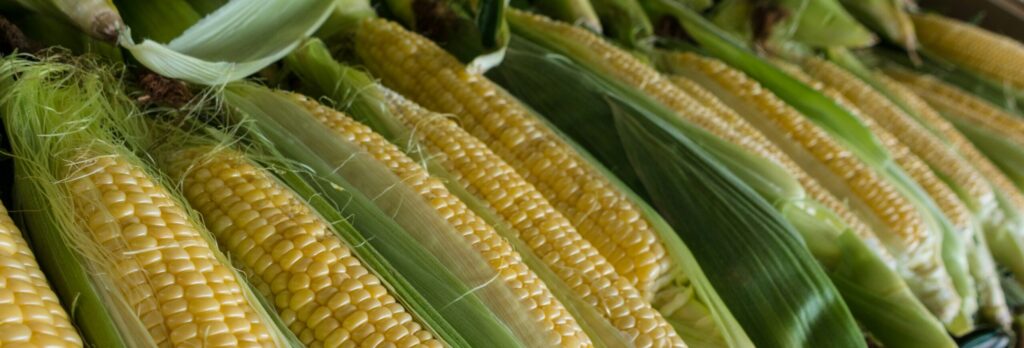
Skip: Organic Onions
Just like ogres, onions have layers – and fortunately, we only consume the inner layers, leaving behind any chemical residues. Save your pennies and opt for non-organic onions for your culinary creations.
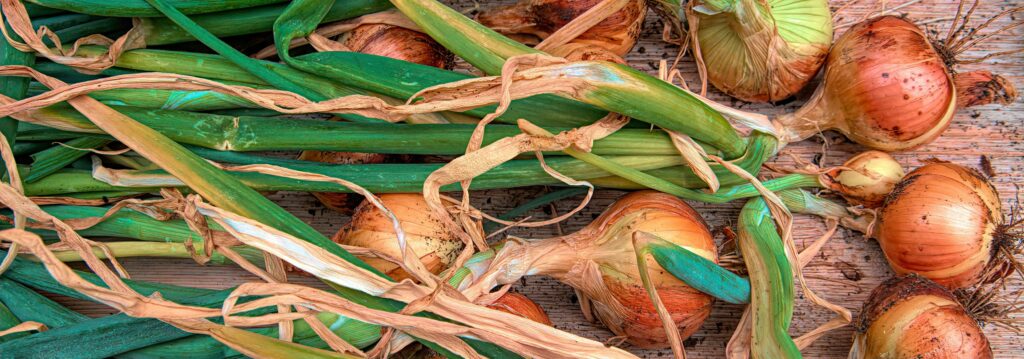
Organic Cherries
While organic cherries may come with a higher price tag, it’s a small investment in your health. With 30 percent of cherry samples containing potentially harmful chemicals, going organic is a cherry-picking decision you won’t regret.
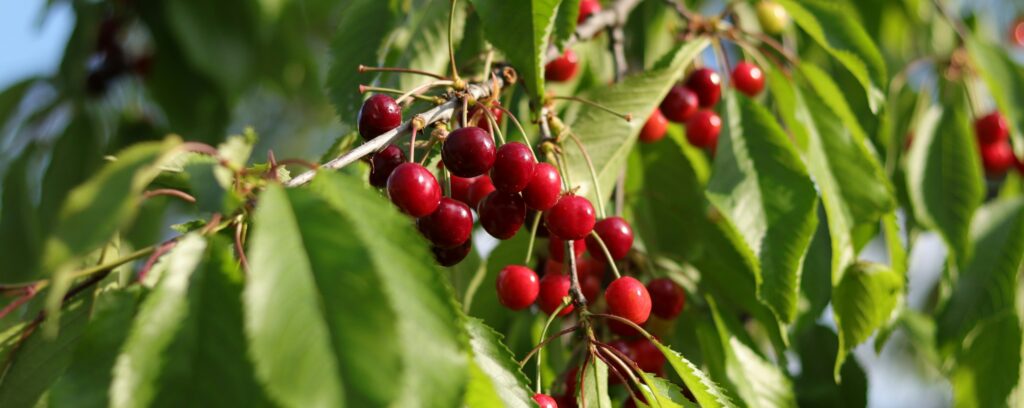
Skip: Organic Broccoli
Broccoli lovers, rejoice! With over 70 percent of broccoli samples free from pesticides, you can enjoy this versatile vegetable guilt-free, whether steamed, stir-fried, or roasted.
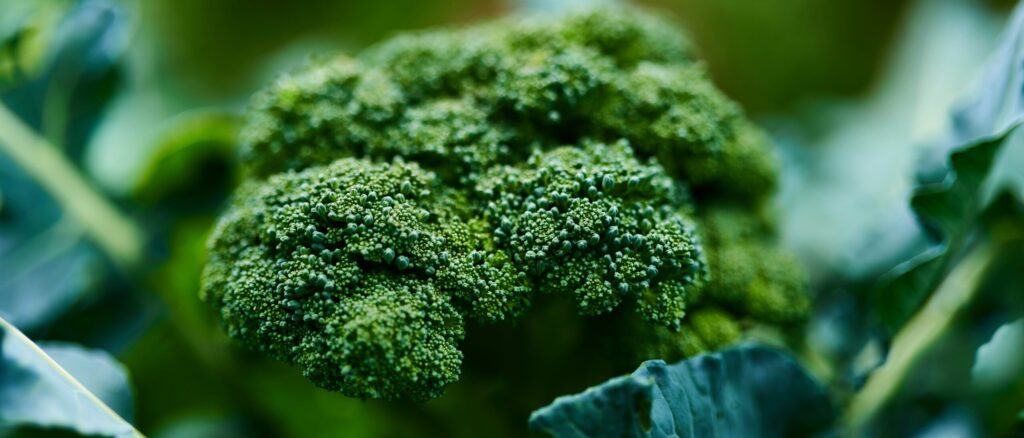
Skip: Organic Eggplant
Shiny and vibrant, eggplants boast a skin that repels chemicals, making the organic label unnecessary. Grill, fry, or blend with confidence, knowing that your non-organic eggplant is still a safe and healthy choice.
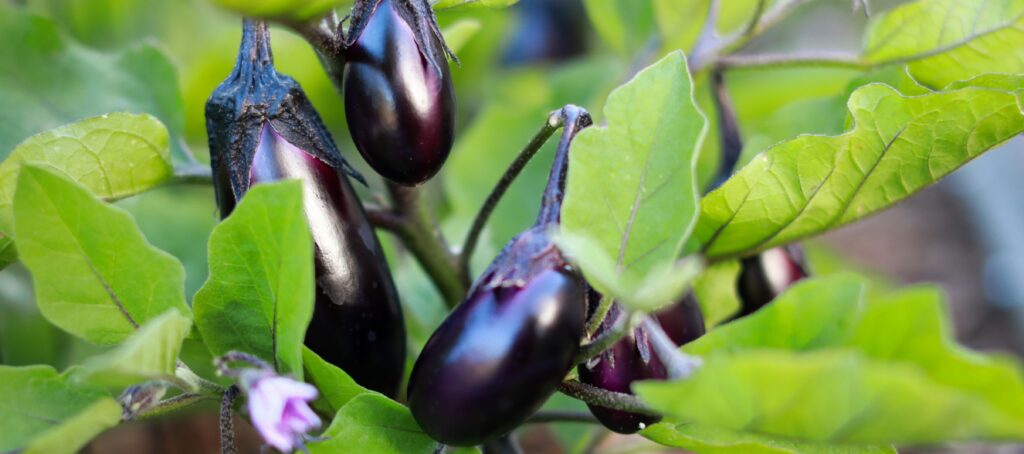
Organic Peppers
Whether sweet or spicy, peppers often carry high levels of pesticides on their edible skin. Spice up your dishes responsibly by opting for organic peppers, and enjoy the flavor without worry.

Skip: Organic Kiwi
With their fuzzy skin and minimal pesticide use, kiwis are a safe bet even without the organic label. Slice into this vibrant fruit without hesitation, knowing that nature has already provided ample protection.

Organic Potatoes
Beneath their humble exterior, conventional potatoes can harbor a concerning amount of pesticides. Invest in organic potatoes to ensure that your favorite spuds are as wholesome as they are delicious.

Skip: Organic Mangoes and Papayas
Tropical delights like mangoes and papayas come equipped with thick, protective skins, rendering the organic label unnecessary for over 80 percent of these fruits.

Skip: Organic Cauliflower
Cauliflower aficionados, rejoice! This versatile vegetable is rated as safe to buy conventionally, meaning you can whip up your favorite cauliflower dishes without splurging on the organic option.
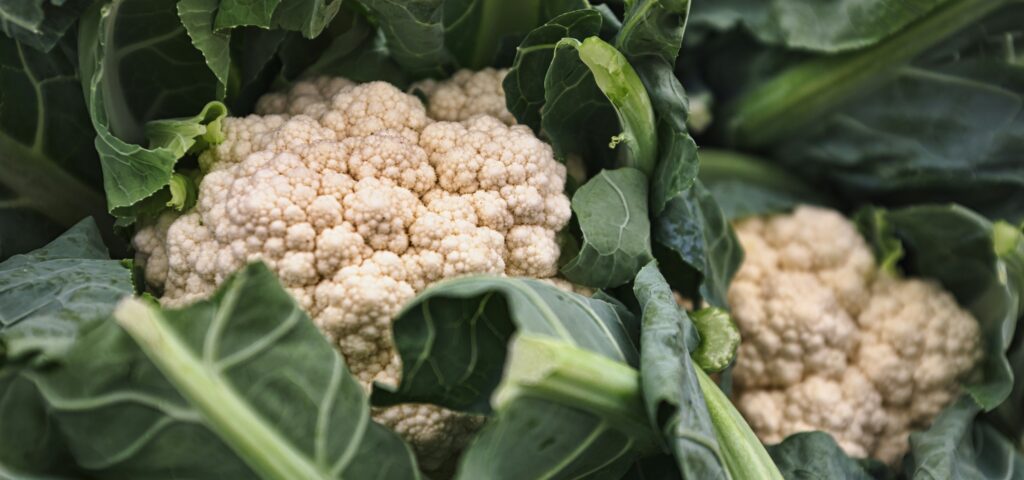
Organic Celery
Despite its reputation as a low-calorie snack, conventional celery often harbors multiple chemicals. Crunch away with peace of mind by opting for organic celery.

Organic Pears
While not among the worst offenders, over half of pear samples tested positive for pesticides. Invest in organic pears for a cleaner, healthier snacking experience.
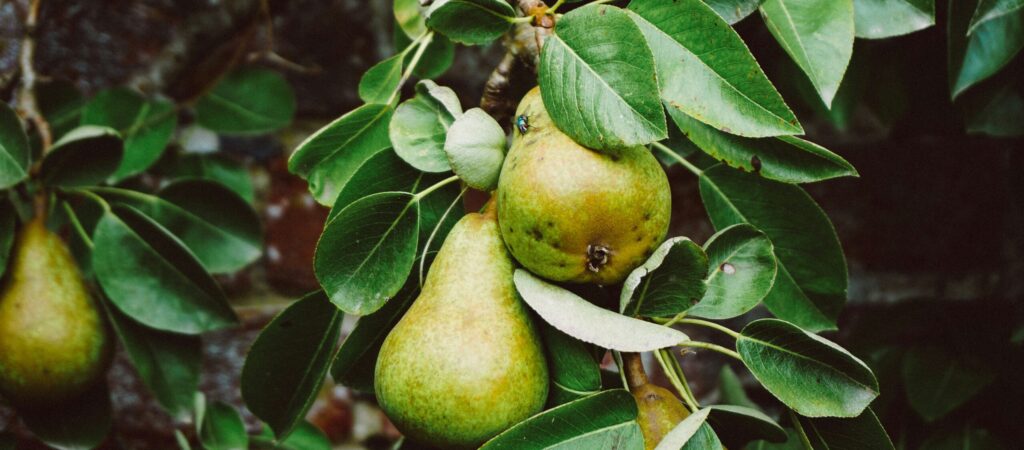
Skip: Organic Frozen Peas
When it comes to frozen peas, conventional options are perfectly safe, with minimal pesticide residues. Save your organic budget for fresh produce, but for fresh snap peas, opt for organic to be on the safe side.
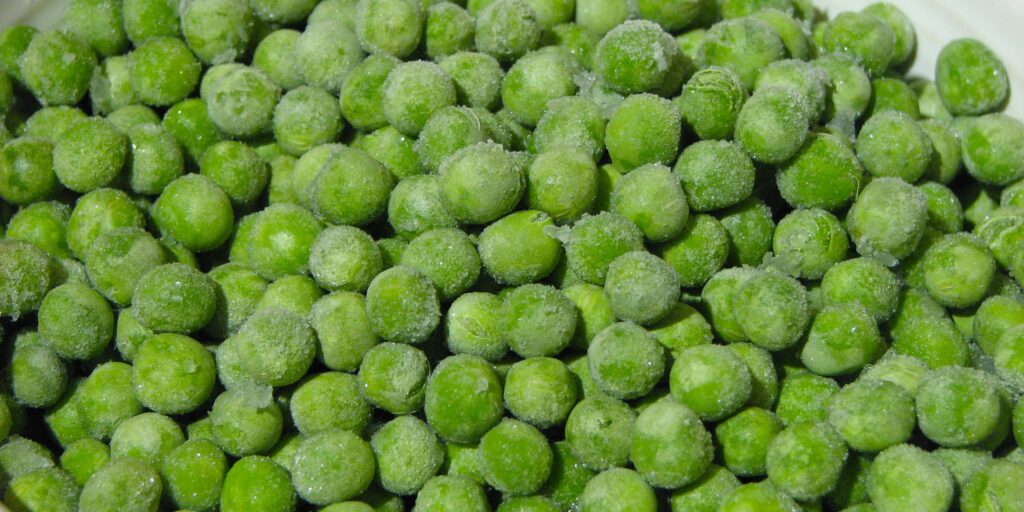
Final Verdict: Do Smart Shopping by Choosing Healthier Fruits and Veggies at the Grocery Store
Walking through the grocery store can be confusing, especially when you have to decide between organic and regular options. But if we know which fruits and veggies might have chemicals on them, we can pick the healthier ones without spending too much money. So, when you pick up an apple or a cucumber next time, remember – knowing a bit about what you’re buying can really help keep you healthy.

